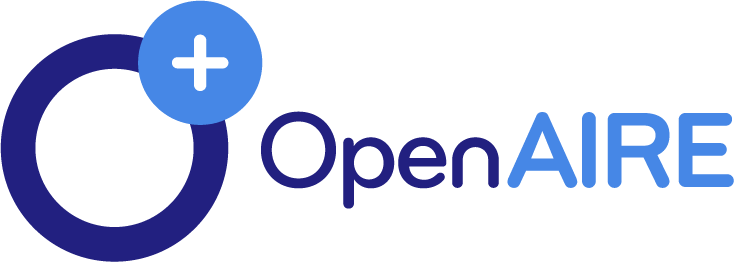INNOVATIVE EDUCATIONAL TECHNOLOGIES AS A BASIS FOR MODERNIZING THE METHODICAL PREPARATION OF THE FUTURE TEACHER OF MATHEMATICS
DOI:
https://doi.org/10.28925/2414-0325.2019s9Keywords:
STEM-education, inquiry-based learning, creative learning, critical thinking, makerspace, future mathematics teacherAbstract
One of the most prioritized directions of modernization of methodical preparation of future mathematics teachers is the introduction of innovative educational technologies in the educational process of higher educational institutions. The article outlines the problem of modernizing the methodological preparation of the future teacher of mathematics through the introduction of research and creative learning technologies. The features of research learning technology (Inquiry Based Learning) and Go-Lab ecosystem opportunities for research learning are analyzed. A model of the Go-Lab research cycle with five main stages is described. The structure of the Go-Lab ecosystem with the components of the Go-Lab portal and the Graasp environment is presented. The Go-Lab portal contains a list of available virtual laboratories, applications that can be used to create research learning spaces. The Graasp environment is intended to create and use research learning spaces (Inquiry Learning Spaces – ILS). The implementation of the proposed approach is demonstrated on the example of the working of the research learning space "Ordinary fractions". It is noted that one of the innovative teaching technologies of future mathematics teachers aimed at developing students’ skills in critical and creative thinking, autonomy and the formation of professional skills is the technology of creative learning called makerspace. It is established that the use of elements of makerspace in the methodical preparation of the future teacher of mathematics contributes to the formation of a teacher-innovator, a teacher-practitioner ready to introduce further the elements of STEM-education in the educational process of mathematics and capable of modernizing the educational environment in which students want to do something with their own hands, study with enthusiasm, be positive.
Downloads
References
Bevz, V. Gh. (2018). Innovacijne navchaljne seredovyshhe pidghotovky majbutnikh uchyteliv matematyky. Problemy ta perspektyvy fakhovoji pidghotovky vchytelja matematyky: zb. nauk. pracj za materialamy Mizhnar. nauk.-prakt. konf. 15-17.
Drozdova, O. (2018) Innovacijni tekhnologhiji navchannja v proghrami pidghotovky majbutnjogho vchytelja.
Zvychajni droby (2019).
https://graasp.eu/spaces/5c879c33a1b2542059b1370c
Zvychajni droby. Rivenj 2. (2019)
https://graasp.eu/spaces/5c8cc1dfd5b98461da96c03c
Leontovich, A. V. (2006) Konceptual'nye osnovanija modeli organizacii issledovatel'skoj dejatel'nosti uchashhihsja. Shkol'nye tehnologii. 5. 63-71.
Metodychni rekomendaciji shhodo vprovadzhennja STEM-osvity u zaghaljnoosvitnikh ta pozashkiljnykh navchaljnykh zakladakh Ukrajiny na 2017/2018 navchaljnyj rik.(2019).
Go-Lab Portal (2018).
Phet.Colorado Portal (2018).
Graasp Environment (2018).
Margus, Pedaste, Mareo Mäeots, Leo, A. Siiman, Ton, De Jong at al. (2015). Phases of inquirybased learning: Definitions and the inquiry cycle. Educational Research Review, Volume 14, 47-61.
https://www.sciencedirect.com/science/article/pii/S1747938X15000068
Ton, De Jong. (2014). Innovations in STEM education: the Go-Lab federation of online labs. Smart Learning Environments.
https://slejournal.springeropen.com/articles/10.1186/s40561-014-0003-6










1.jpg)







